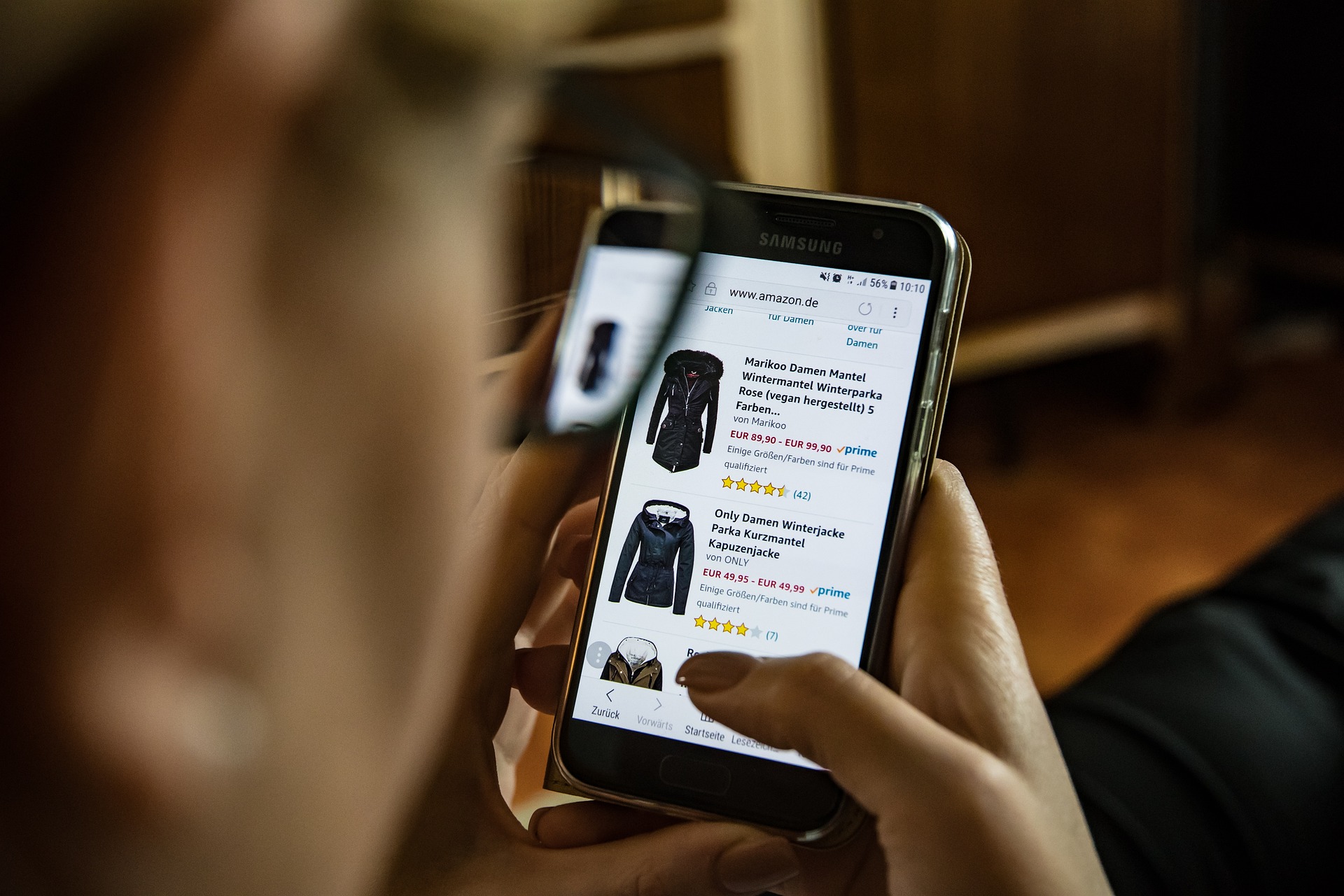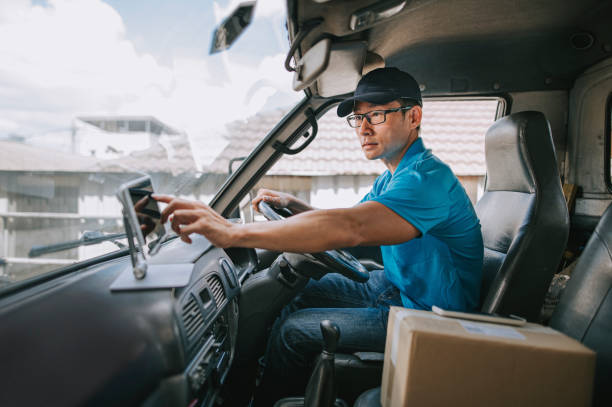Decoding the Impact of Technology on Fashion Retail
The intersection of technology and fashion is creating a new era in the retail industry. With advancements in artificial intelligence, augmented reality, and e-commerce, shopping for fashion has never been more exciting or accessible. How is technology shaping the future of fashion retail? Read below to find out.

Body:
The Advent of AI in Fashion
Artificial Intelligence (AI) is revolutionizing the way shoppers discover and purchase fashion. AI-powered recommendation engines analyze customers’ purchasing habits and preferences to suggest personalized product recommendations, enhancing the shopping experience and boosting sales. Similarly, chatbots provide instant customer service, answering queries and offering style advice round the clock.
Virtual Try-On Experiences
Augmented Reality (AR) is another game-changer in the fashion retail industry. Virtual try-on technology allows customers to see how clothes, shoes, or accessories look on them without stepping into a fitting room. This technology is particularly valuable for online shopping, where it reduces return rates by helping customers make more informed purchasing decisions.
Social Media Shopping
The rise of social media platforms such as Instagram and TikTok has given birth to a new shopping experience. Shoppable posts and stories enable users to discover and buy products directly from their feeds, creating a seamless transition from browsing to buying. These platforms are also a powerful tool for fashion brands to engage with their audience and build brand loyalty.
Sustainable Technologies
Technology is also playing a crucial role in promoting sustainability in fashion. Blockchain technology is being used to provide transparency in the supply chain, enabling customers to trace the origins of their garments. Furthermore, fabric innovations such as 3D knitting reduce waste by making clothes to exact specifications.
The Future of Fashion Tech
The future of fashion technology looks promising, with innovations such as smart textiles and wearables on the horizon. These advancements could redefine fashion, transforming clothes from mere aesthetic items to functional tools that monitor health and enhance well-being.
Useful Tips and Facts: - Brands like Zara and ASOS are leveraging AI to improve customer experiences. - Virtual try-on technology is predicted to reduce return rates by up to 25%. - Over 70% of shoppers have purchased items through shoppable posts on social media. - Blockchain technology can help consumers make more ethical shopping choices.
Conclusion:
From AI to AR, technology is reshaping the fashion retail landscape, offering personalized, convenient, and sustainable shopping experiences. As these trends continue to evolve, fashion lovers can look forward to a future where technology and style seamlessly merge to redefine the retail experience.




